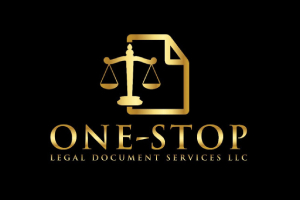Understanding the Discovery Process in a Legal Case
The discovery process is an essential component of litigation in the United States. It allows parties to a lawsuit to gather evidence relevant to their claims and defenses. Here are some things to know about the discovery process:
1. What is Discovery?
Discovery is the process of obtaining evidence, documents, and information related to the case from the opposing party. The information obtained from the discovery process can help to build or support your case.
2. Forms of Discovery:
The most common forms of discovery include written interrogatories, production of documents, requests for admissions, depositions, and physical or mental examinations.
3. What do Interrogatories Involve?
Interrogatories are written questions that one party sends to the other, and the other party must respond in writing.
4. What is the Production of Documents?
The production of documents requires a party to provide documents, either physical or digital, related to the case. This can include emails, texts, contracts, or other relevant records.
5. What are Admissions?
Requests for admissions are written statements in which the other party agrees or disagrees with facts or claims made by the other party.
6. What is a Deposition?
A deposition is oral testimony given by a party or a witness under oath. Depositions are usually recorded, and attorneys from both sides are permitted to ask questions.
7. How Long Does the Discovery Process Take?
The length of the discovery process varies depending on the complexity of the case, the number of issues in dispute, and the evidence needed to support each party’s claim.
8. Why is Discovery Important?
Discovery helps each party assess its strengths and weaknesses as well as weaknesses of the opposing side. Discovery also encourages settlement by allowing parties to fully evaluate their case before trial.
In conclusion, the discovery process can be a vital aspect of a legal case, providing attorneys with crucial information to build their cases and assess the strengths and weaknesses of their clients’ positions. To navigate the discovery process successfully, it is important to have a clear understanding of the rules, deadlines, and requirements. Working with an experienced attorney can also be a significant advantage in achieving a successful outcome.


